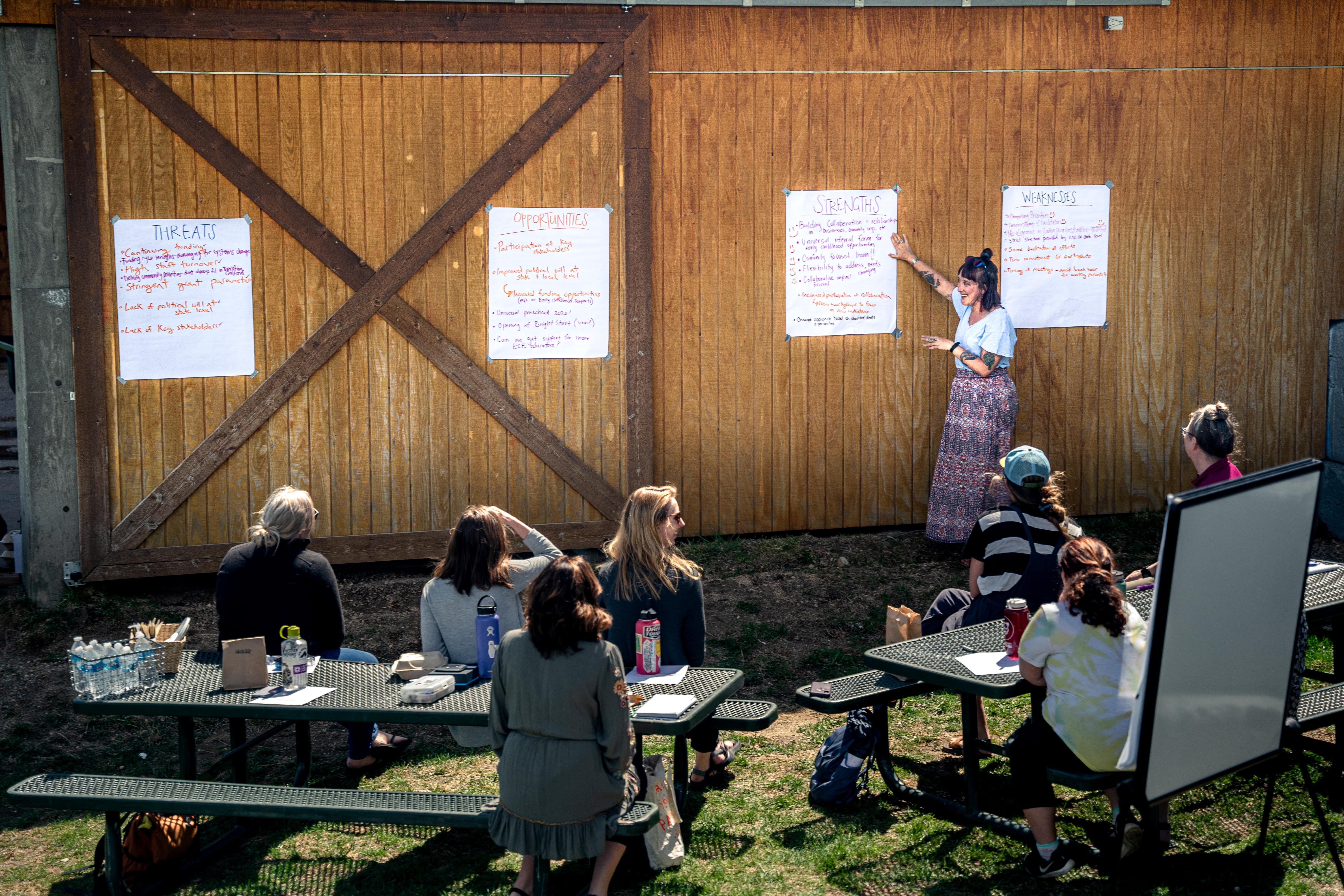July 2021 Coalition Highlight: CTC

The Lake County Communities That Care (CTC) Coalition held its last meeting in June. (In partnership with Coalition members, LCBAG has decided to stop using the Communities that Care model in Lake County–but will be continuing to work on building a healthier community for young people through other initiatives and coalitions!) The Coalition reviewed its accomplishments over the last few years, including:
- Choosing priority community risk and protective factors. (Currently, “family management” and “favorable youth attitudes towards substances” are Lake County’s risk factors and “family opportunities for prosocial involvement” is Lake County’s protective factor).
- Choosing the strategy “Building Public Support for Community-Wide Implementation of Evidence-Based Parenting Programs” to address Lake County’s risk and protective factors.
- Writing a Community Action Plan and an Implementation Plan (virtually!) that outlined the local data, why the Coalition chose Lake County’s risk and protective factors, what they hoped to accomplish with their chosen strategy, and what long-term health and behavior outcomes the Coalition hoped to impact.
- Formed new partnerships with parenting program providers in order to increase collaboration between organizations and increase support for parents in the community.
Coalition members also acknowledged that the CTC faced some challenges along the way, the biggest of which being that the pandemic changed the way the members met and communicated with one another. Learning how to meet virtually in an effective manner was one of the biggest personal accomplishments that members noted, and we at Lake County Build a Generation are very proud of their resilience in this time.
Below are some data points from the Healthy Kids Colorado Survey that highlight the impact that the Communities That Care Coalition–and all the partner agencies who comprise it–made from 2015-2019:
- Percentage of students who think their parents would feel it is wrong or very wrong if they drank alcohol regularly (at least once or twice per month): Increased from 83.5% in 2015 to 88.8% in 2019
- Percentage of students who have an adult to go to for help with a serious problem: Increased from 65% in 2015 to 67.5% in 2019.
- Percentage of students who could ask parents/guardians for help with a personal problem: Increased from 78% in 2015 to 82.8% in 2019.

